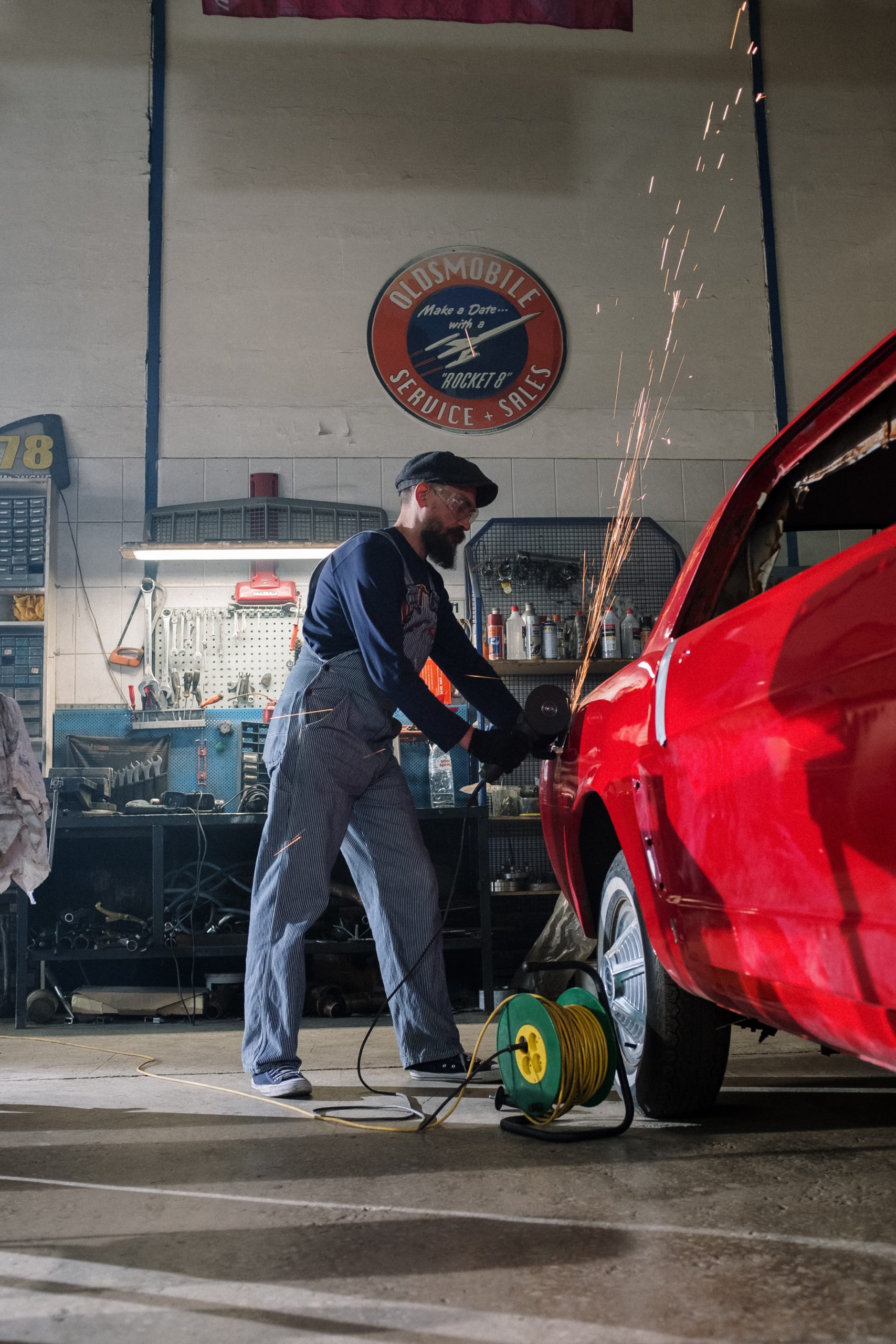A Comprehensive Guide to Car Electrical System Basics, Function, and Repair
Intruduction:
When it comes to understanding your vehicle, knowledge about its car electrical system is crucial. The automotive electrical system is the heart of your car’s functionality, from starting the engine to keeping your lights on.
In this comprehensive guide, we’ll delve into the intricate world of car electrical systems, covering topics such as vehicle wiring, car batteries, alternators, starter motors, ignition systems, and more.
We’ll also provide insights on car electrical system troubleshooting and repairs and answer common FAQs. So, buckle up, and let’s embark on this electrifying journey!
Car Electrical System Basics
Understanding the fundamentals of a car’s electrical system is the first step to becoming a savvy vehicle owner.
The Power Source: Car Battery
Your car’s heart, the battery, supplies the electrical power needed for all your vehicle’s electrical components. A car battery is like a reservoir of energy that’s essential for starting the engine and powering lights and accessories.
Charging Power: Alternator
The alternator is your car’s generator. It generates electricity to recharge the battery while the engine runs, ensuring a steady supply of power.
Kickstarting the Engine: Starter Motor
The starter motor is responsible for turning the engine over when you start your car. It’s a small yet mighty component, providing the initial jolt of power needed for ignition.
Vehicle Wiring
To connect all the electrical components in a car, a complex network of wires is used.
Vehicle wiring is the intricate system that ensures all the electrical components in your car are connected, allowing them to function properly. It’s like the nervous system of your vehicle, transmitting signals and power to various parts.
Car Electrical Troubleshooting
Car electrical troubleshooting is a skill that every car owner should have in their toolbox.
Identifying Issues
Car electrical problems can manifest in various ways, from dimming headlights to a non-starting engine. Identifying the issue is the first step in the troubleshooting process
Testing Components
Testing individual components, such as fuses, relays, and switches, is essential to pinpoint the exact problem.
Seek Professional Help
Sometimes, it’s best to leave the troubleshooting to experts who have the knowledge and equipment to diagnose and fix complex issues.
Ignition System
The ignition system plays a critical role in starting your vehicle. The ignition system is responsible for creating a spark that ignites the air-fuel mixture in the engine’s cylinders. It’s a combination of components that work together to initiate the engine’s combustion process.
Electrical Components in Cars
A car’s electrical system is not limited to just starting and running the engine; it also encompasses a multitude of accessories and features.
Lights and Signals
From headlights and taillights to turn signals and interior lighting, a car’s lighting system is an integral part of vehicle safety.
Entertainment and Comfort
Modern cars come equipped with various electrical accessories, from radios and GPS systems to heated seats and climate control.
Car Charging System
The car charging system ensures that your battery remains fully charged and functional.
Battery Charging
The alternator constantly charges the battery, replenishing the energy used to start the car and power electrical accessories.
Maintaining Battery Health
Regular maintenance, such as checking the battery’s fluid levels and cleaning terminals, is essential for a healthy battery.
Car Electrical Repair
When car electrical issues arise, knowing how to address them can save you time and money.
DIY Repairs
Simple problems, such as a blown fuse or a dead battery, can often be fixed by car owners with basic knowledge.
Professional Assistance
For complex issues or when you’re unsure about a diagnosis, it’s best to consult a professional mechanic or auto electrician.
How We Can Help
At, we’re committed to assisting you with all your car electrical system needs. Our experienced technicians can diagnose and repair electrical problems efficiently, ensuring your vehicle runs smoothly. Whether it’s a simple battery replacement or complex electrical diagnostics, we’ve got you covered.

Conclusion
Understanding the car electrical system basics, its functions, and how to car troubleshoot and repair issues is vital for every car owner. With this knowledge, you can ensure your vehicle runs smoothly and address any electrical problems that may arise.
At tomautobodyworks, we’re here to help you with all your car electrical needs, making your driving experience safer and more enjoyable.
FAQs
Q: How often should I replace my car battery?
Car batteries typically last 3 to 5 years. However, it’s essential to monitor your battery’s health and replace it when it shows signs of deterioration.
Q: What are the common signs of car electrical problems?
Common signs include dimming headlights, a clicking sound when you turn the key, and accessories not functioning correctly.
Q: Can I jumpstart my car with a dead battery?
Yes, you can jumpstart your car using jumper cables and another vehicle with a working battery. Ensure you follow the correct procedure.
Q: Are car electrical repairs expensive?
The cost of repairs varies depending on the issue’s complexity. Simple fixes like replacing a fuse are affordable, while complex diagnostics can be more expensive.
Q: How can I maintain my car's electrical system?
Regular maintenance, such as cleaning battery terminals and checking electrical connections, is essential to keep your car’s electrical system in good shape.
Q: Do I need a professional for car electrical troubleshooting?
While some issues can be resolved by car owners, complex problems may require the expertise of a professional mechanic or auto electrician.
